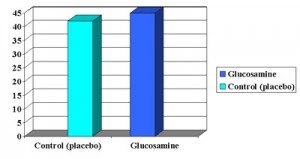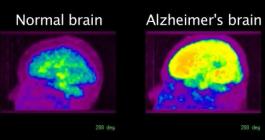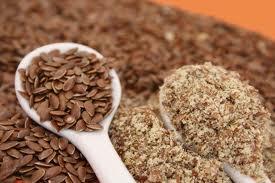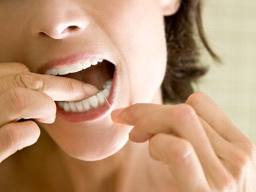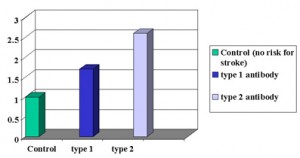Glucosamine has been touted as an effective supplement for osteoarthritis, and the Arthritis Research Centre of Canada under the rheumatologist Dr. Jolanda Cibere at the University of British Columbia led a study to get solid data.
Patients from the ages of 44 to 88 years from all over Canada who had used the supplement for an average of two years and stated that they had at least moderate improvent from knee joint pain were entered into a maintenance study. They received either a placebo (“fake” pills without glucosamine) or glucosamine for six months. During this time they were monitored for arthritic flare-ups including pain and reduced physical activity.
The results were the following: 42% of the patients who were taking the placebo reported flare-ups of the arthritis problems, and 45% of the glucosamine users had flare-ups. The difference was not statistically different. The severity of arthritis had been the same in both the control group and the group that took glucosamine.
This leads to the conclusion that continued use of glucosamine is of no benefit to a patient who hopes to improve knee osteoarthritis.
| Glucosamine And Fake Pills (Placebo) Equally Ineffective Against Arthritis As Shown By Study |
There is the question about the possibility of initial benefits, but it seems to be anecdotal rather than solid evidence, and there may be a placebo effect. Unfortunately the data did not support the notion that glucosamine supplements would give pain relief. It is really up to each individual to decide, whether to give glucosamine a try. Looking at the lack of results in long-term use it seems not warranted spending amounts of $15 to $50 per month for such an ineffective supplement.
More info about osteoarthritis treatment: http://nethealthbook.com/arthritis/osteoarthritis/treatment-osteoarthritis/
Comment: There are other studies that disagree with this study pointing out that glucosamine combined with chondroitin does help for osteoarthritis pain.
Reference: The Medical Post, November 16, 2004, page 5
Last edited October 27, 2014






